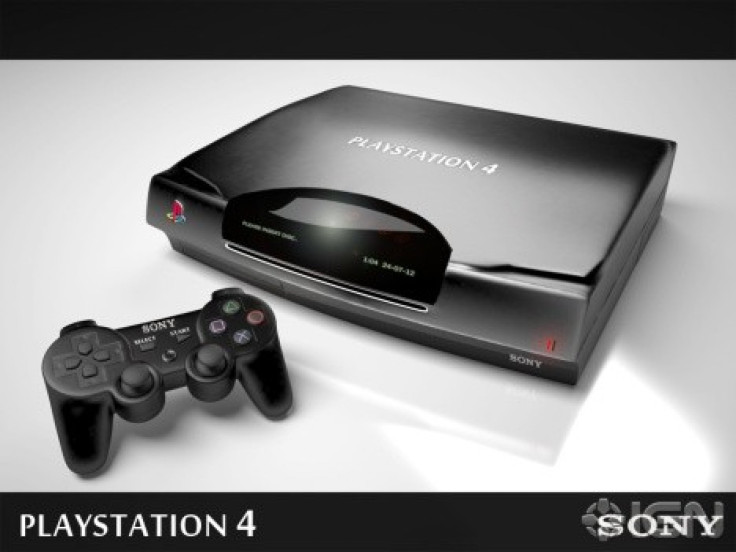Sony?s Patent Stops Games To Display Ads: Will In-Game Advertising Come To PlayStation? [REPORT]

A patent application filed by Sony Computer Entertainment America could interrupt gameplay to display an ad, ComputerAndVideoGames.com reports. The patent, which was filed last July, says that the player will see a warning message before cutting off gameplay. After the ad is shown, the game will rewind before resuming.
The new advertising method could breach a new border when it comes to in-game advertising, as Digital Trends cites. The concept of slipping advertisements into video games is not new, but has been done in ways that has not infringed on gameplay in the past. Take the Teenage Mutant Ninja Turtles for example. Dating back to 1989, various Pizza Hut ads could be found scattered throughout the game.
In-game advertising has never become the pervasive force everyone thought it would, though, writes Anthony John Agnello of Digital Trends.
But that could soon change if the patented Advertisement Scheme for use with interactive content technology is implemented. The technology was initially spotted by a user in a NeoGaf forum last week, who posted a link to the controversial patent in the message board.
A method for use in advertising includes initiating playing of interactive content, suspending playing of the interactive content, displaying an advertisement, and resuming play of the interactive content, read the patent's abstract. The document comes complete with a diagram that shows exactly how the process would work, indicating when the game would slow down and resume.
It has also been said that this new system would be used to fund free-to-play games on PlayStation platforms, reported CVG. Titles such as Killzone 3 multiplayer and DC Universe for free already boast this format, with EVE online offshoot Dust 514 joining the ranks soon.
This isn't the first time Sony has pursued the concept of in-game advertising. The recently filed application is actually a continuation of a document from 2006.
But, as with all these patents, it remains to be seen whether ads interrupting gameplay will ever come to fruition, writes Wesley Yin-Poole of Eurogamer.
Although the advertising technique can easily be compared to those found in television, Internet and radio, flashing ads in video games is different because it is not a free service. Excluding free-to-play titles, copies of new video games usually run for at least $60. Consumers have already paid for the product.
There is also the issue of multiplayer compatibility, as Digital Trends points out. Will advertisements be coordinated with other online players so that games pause and restart at the same time? It is unclear exactly how this will play out, if at all, but Sony has yet to make any official announcements.
© Copyright IBTimes 2024. All rights reserved.












